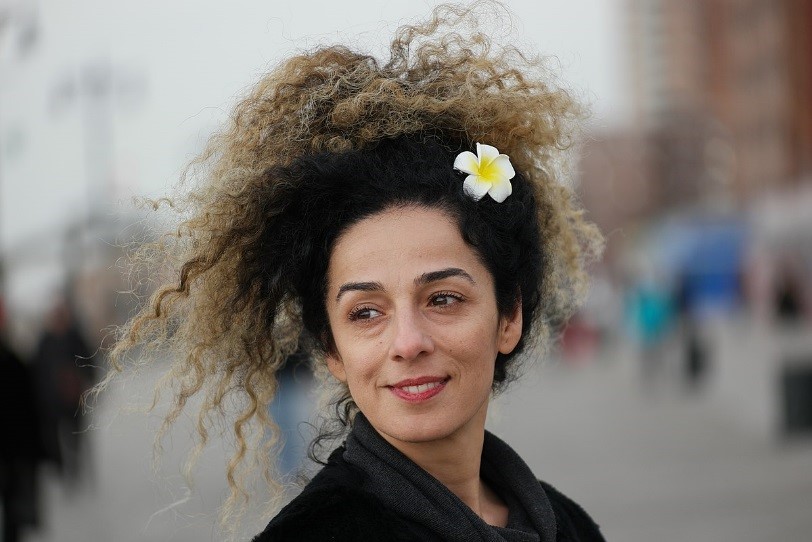Masih Alinejad: Freedom Fighter or Trump Stooge?
In the middle of his eclectic March 3 interview with the Tehran Times, Guardian journalist Saeed Dehghan mentions, almost as an aside, “The story of me is like the story of Masih Alinejad… But God willing, I managed to detect this a bit later on... I chose not to become the kind of person Masih Alinejad represents today. We both have similarities, we’re both emotional and prone to manipulation.”

Masih Alinejad
This is a startling comment, given Alinejad’s international popularity as a women’s rights activist, author and fellow journalist. Why is Dehghan grateful, to God no less, that he chose not to become like Alinejad?
Dehghan declines to expand, but the obvious implication is that Alinejad and Iran’s ‘women’s movement’ have been coopted by a cynical White House to advance its own anti-regime agenda.
Others agree, and it’s a belief most developed by Lipstick Jihad author Azadeh Moaveni in a 2018 New Yorker article, titled “How the Trump Administration is Exploiting Iran’s Burgeoning Feminist Movement.” Reeling off a list of the Administration’s supportive actions – publicizing the number of women in Iran’s jails, calling for women to be allowed to attend soccer games, decrying the arrest of a woman who had removed her hijab – Moaveni concludes that this is all just a cynical ploy of “weaponizing women’s rights.”
How can Trump and Pompeo et al genuinely care about the plight of Iranian women, she asks, when the President himself has been “accused of sexual assault”? When Pompeo is ‘pro-life’? And when the U.S. does business with Saudi Arabia?
In her analysis, which Dehghan seems to share, the USG does not really care about helping Iranian women. Rather, “Pompeo’s advocacy for women’s rights reflects a cynical strategy.”
Logical fallacies aside, if it seems bizarre to criticize the White House for “put[ting] Iranian women at the center of the Administration’s new strategy” by vociferously supporting them, it’s because – plainly - it is.
Most of all, it begs the question of what the practical alternative strategy should be. If Secretary Pompeo said nothing about women’s oppression in Iran and snubbed activists like Alinejad, would that be better? Like Dehghan, Moaveni declines to tell us more.
As for criticism of Alinejad, to any lucid person she is a genuine freedom fighter who risks her life in the pursuit of women’s freedoms. And she has been facing these risks – and that of her family, three of whom were arrested in Iran - for decades, even as an 18 year old and then a young parliamentary reporter in Tehran.
That she did not have the open support of the previous U.S. Administration did not stop her establishing “My Stealthy Freedom” in 2014, her campaign to counter the compulsory hijab law. That she currently has the support, including funding, of this Administration is immaterial to her character and her motivations.
One recent video she shared shows a man aggressively and physically confronting a woman walking along the sidewalk whose hijab positioning does not conform to his criteria. To her eternal credit, the woman retaliates furiously with some well-aimed kicks and slaps, clearly embarrassing her much larger assailant. The obvious parallel of Alinejad herself bravely and stubbornly facing down a powerful bullying regime is surely not lost even to her critics. She deserves all the help she can get, “weaponized” or not.
Receive Iran News in Your Inbox.
Eye on Iran is a news summary from United Against Nuclear Iran (UANI), a section 501(c)(3) organization. Eye on Iran is available to subscribers on a daily basis or weekly basis.